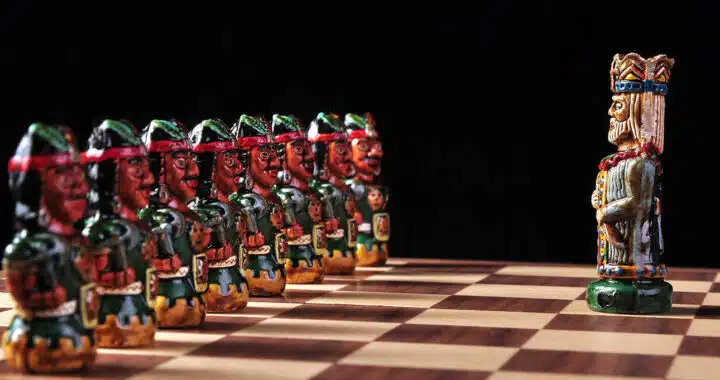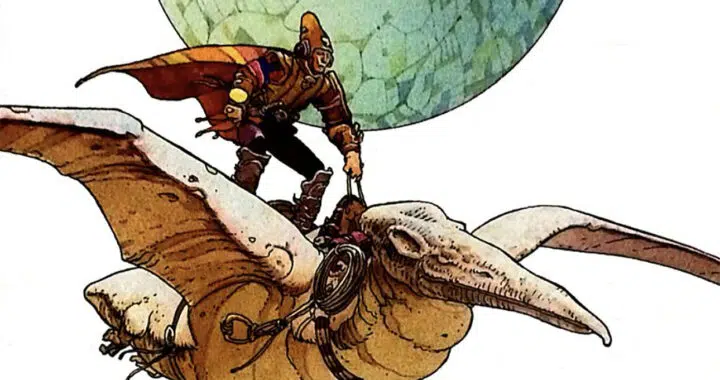
The “Roll” of Life in ‘We Love Katamari Reroll + Royal Reverie.’
We Love Katamari Reroll + Royal Reverie is as accessible as it is attractive. Its bright art style and jubilant music make the gameplay deliriously uplifting.

We Love Katamari Reroll + Royal Reverie is as accessible as it is attractive. Its bright art style and jubilant music make the gameplay deliriously uplifting.

The creators of The Legend of Zelda: Tears of the Kingdom have created a video game worthy of Kant’s maxim, “have the courage to use your own intelligence.”

In Daniel Dockery’s Monster Kids Pikachus usher the pandemonium of Pokémania into the US, but his account of the phenomenon leaves readers wanting more.

In Playing Oppression, scholars Mary Flanagan and Mikael Jakobsson lay bare the colonialist origins of board games.

The characters in Craig Mazin’s hit series, The Last of Us, are just like the rest of us – violent, tyrannical, and on the verge of being irredeemable. Yet we hope for them, still.

Video game designer Nicholas O’Brien creates and curates in a medium starving for critical conversation.

Inspired by Japanese Buddhism and American pop culture, the grotesque is a metaphor for normalcy in the horror video game Silent Hill.

Indie game Best Month Ever! challenges players to navigate single motherhood – including illness and low wages – in a ruthless capitalistic and patriarchal society.

Nintendo’s multi-player Kirby’s Dream Buffet is a playful indulgence for those with a big appetite for quick, colorful, and approachable games.

French artist Jean Giraud, aka Moebius, inspired his peers and mass media. In video games especially, his psychedelic fantasy/surrealist art may live on forever.

Why create such a highly-fictionalized, aestheticized setting as Life Is Strange to express the confusion and contradictions of life?

In the adventure game Heaven’s Vault, learning an ancient language is akin to discovering and shaping history; you decide how it is written and interpreted.